Our research in Hauts-de-France
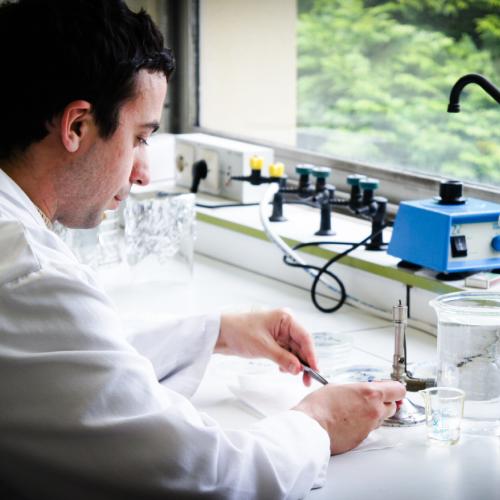
Our units
- Materials and Transformations Unit (Villeneuve d'Ascq)
- Soil Analysis Laboratory (Arras)
- Field Crops System Innovation Environment Experimental Unit (Estrées-Mons)
- BioEcoAgro Joint Cross-Border Research Unit (Estrées-Mons and Laon)
- Hauts-de-France Research Support Services (Estrées-Mons)
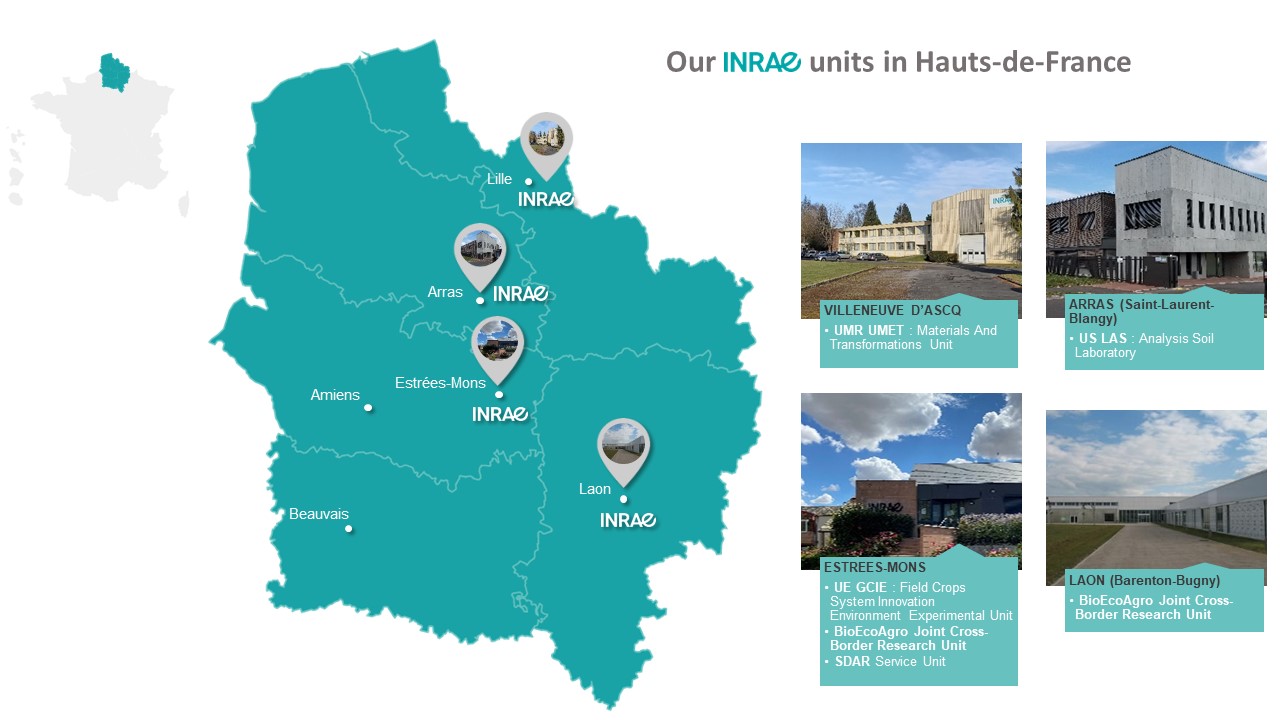
Multi-performance of field crop systems for a sustainable bioeconomy
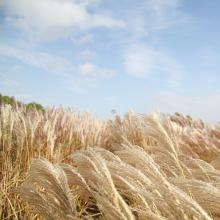
The aim of our research is to contribute to the development of field crop systems that are efficient in terms of production and service provision, economical in terms of inputs (fertilizers, but also plant protection products) and with a low environmental footprint.
From a systemic point of view and in particular from the bioeconomy, the aim is to determine how to make food and non-food production cohabit in an agroecological logic of mutual benefit. This research aims to :
- to describe, thanks to experimental installations on the scale of the plot, the soil/plant system (C, N, P, K, H2O cycles), and the interaction of this system with the atmosphere (influence on climate change) and the hydrosphere (environmental externalities), as well as ecosystem services, when they can be evaluated
- to design or evaluate ideotypes of perennial plants for biomass production, including their suitability for processing for different applications
-
to define the insertion of these dedicated crops in the field crop production systems of Northern France, as well as the definition of adapted technical itineraries, to reduce the environmental impacts at the farm level.
> BioEcoAgro Joint Cross-Border Research Unit
> Field Crops Innovation Environment Experimental Unit
> Soil Analysis Laboratory Service Unit
In agronomy, an ideotype is a variety of crop plant selected for its capacity to benefit in an optimal way from a given environment.
Hygiene of agri-food processes
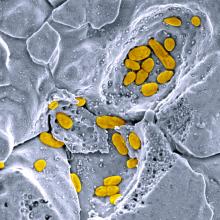
At the INRAE Hauts-de-France centre, the PIHM team of the UMR UMET is recognized both nationally and internationally for its work on the adhesion of bacterial biofilms and foods to materials.
The axes of work are located at the interface between biology and material sciences:
-
identify the nature of bacterial or food contamination and the determinants of their presence on the walls of equipment
-
develop surfaces and materials that have good food compatibility and anti-fouling properties, and that resist cleaning procedures.
This work is applied to reduce the risk of contamination of food products and to limit the environmental footprint of cleaning, particularly the amount of water used:
- by transferring these innovative technologies to processing operations, particularly for vegetables
- within the framework of the ProteinoPeps industrial chair with Ingredia, by seeking how to control the conformational modifications of proteins during heat treatment, which have an influence not only on interactions with the surfaces of equipment, but also on the conservation properties of processed proteins.
> Materials and Transformations Joint Research Unit
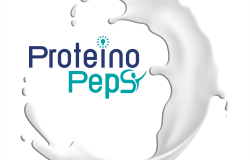
Launched on March 1, 2022, the tripartite ProteinoPepS Industrial Chair aims to produce and transfer knowledge, in order to master the processing of dairy proteins to give them new functional and/or biological properties.ProteinoPepS is made up of two INRAE research laboratories based in Lille: UMR UMET and UMRt BioEcoAgro; and an industrial partner Ingredia, working on the dairy protein ingredients and nutrition markets.
